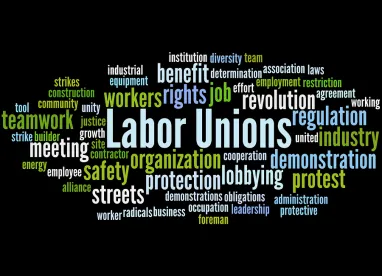In its K&N Engineering decision issued Oct. 12, the National Labor Relations Board (NLRB) ruled that a regional director misapplied its Specialty Healthcare standard. The International Association of Machinists (IAM) had filed a petition to represent K&N Engineering’s production and janitorial employees, but not its maintenance employees, the latter of which are traditionally perceived to likely be “no” voters. The regional director applied Specialty Healthcareand ruled that the employer had not met its burden of proving that the maintenance employees shared an overwhelming community of interest with the production employees.
In this decision, the board confirms that the heightened Specialty Healthcare standard — overwhelming community of interest – only applies if the petitioned-for unit constitutes an appropriate unit when applying traditional community of interest criteria. The NLRB went on to confirm that these maintenance employees’ work was functionally integrated with the production employees’ work, even though there was no interchange between the two groups.
The board cited the production-related support provided for production employees by maintenance employees. The NLRB also hung the IAM with its decision to petition to represent janitors along with the production employees – the janitors were in a different department, did not perform production work and had different supervisors than the production employees. The janitors were also in the same department as the maintenance employees. The IAM likely will not make that mistake again, though it is not clear whether this case would have been decided differently had the janitors not been part of the petitioned-for unit.
What does this mean for employers? The K&N Engineering decision is a good reminder to first examine whether the petitioned-for unit constitutes an appropriate one according to traditional community of interest standards.




 />i
/>i

